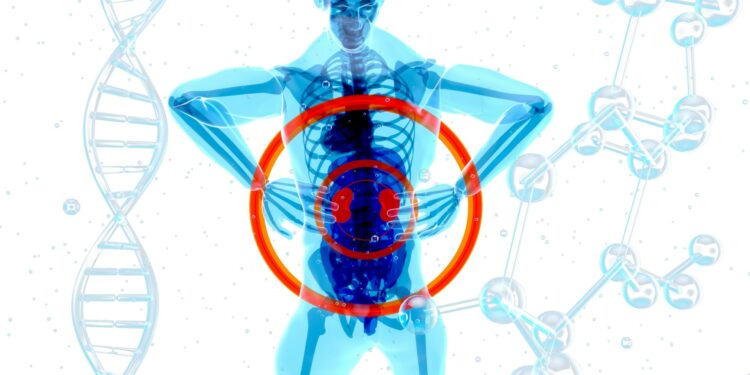The New Science Of Weight Loss
A recent study suggests that weight loss may be influenced by a combination of 14 “skinny genes.” According to the research, individuals possessing these genetic markers experienced double the weight loss through regular exercise compared to those who do not have them. Over an eight-week running program, participants with the most of these genetic traits lost up to 11 pounds, while those without lost just over 4 pounds.
Lead researcher Henry Chung, a lecturer at the University of Essex School of Sport, Rehabilitation, and Exercise Sciences in the U.K., emphasized that while the study identified important genes related to weight loss, genetic factors alone are not enough. “These genes will not be effective without exercise and lifestyle changes, as they are all interconnected,” he stated. Chung further noted that without active intervention, the potential benefits of these genes would remain unrealized.
The study involved 38 participants aged 20 to 40, with approximately half instructed to run for 20 to 30 minutes three times a week, while the other half served as a control group and maintained their regular diet and lifestyle. The findings highlighted a particular gene, PPARCG1A, as crucial for weight loss, as it plays a significant role in energy metabolism and was found in those who lost the most weight. Other identified “skinny” genes were linked to aspects such as diet, fat storage, metabolism, intelligence, and psychological conditions.
Researchers concluded that about 62% of the weight loss observed in the study could be attributed to genetic factors, while 37% was related to exercise and lifestyle habits. Chung mentioned that in the future, healthcare providers might be able to design tailored exercise and diet plans based on an individual’s genetic profile.
However, he also stressed the importance of exercise for everyone, regardless of genetic predisposition. “Beyond weight loss, exercise offers numerous benefits—improving mental health and cardiovascular fitness—so I encourage everyone to continue their training, even if they do not see immediate changes on the scale,” Chung advised.

































Discussion about this post